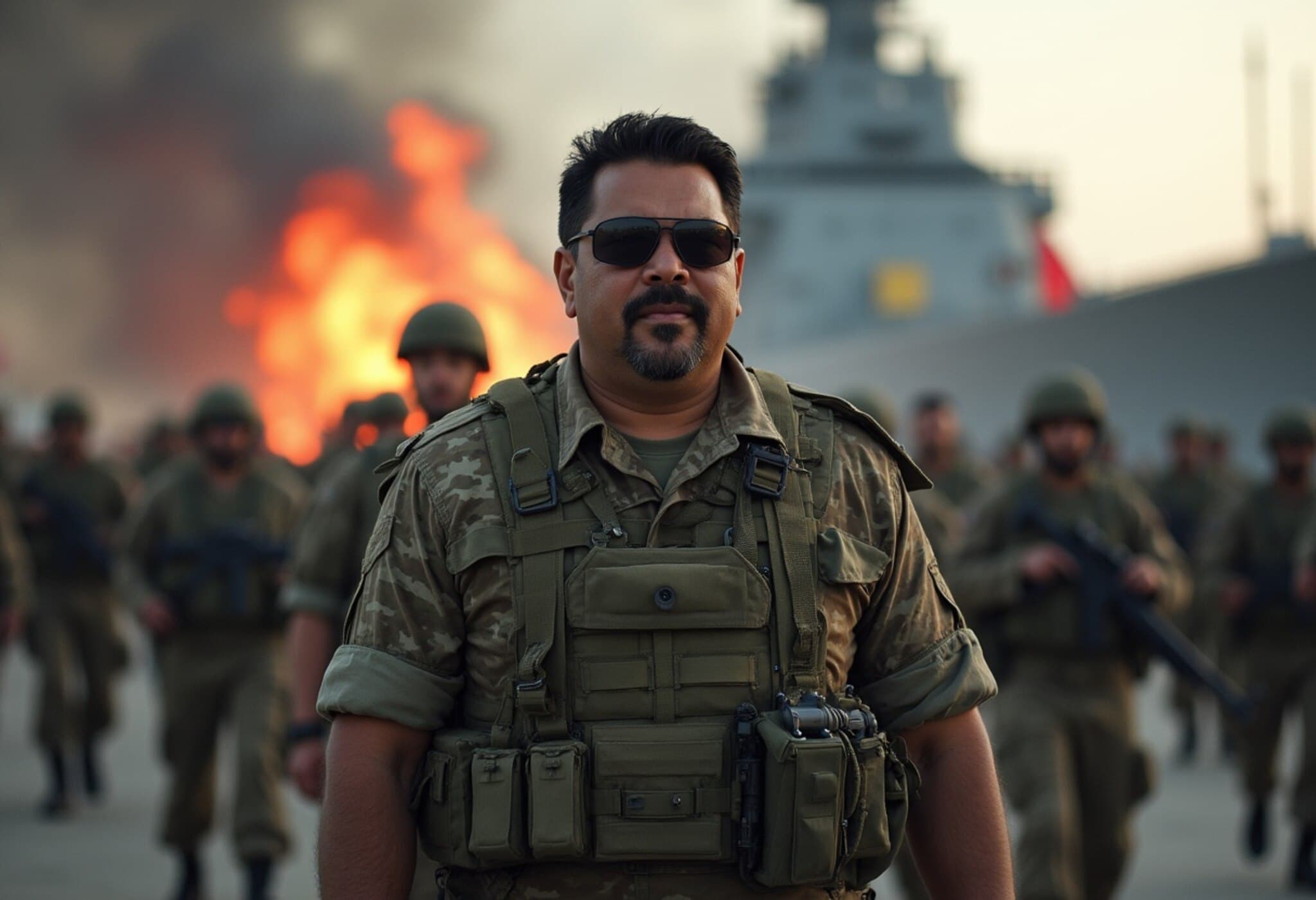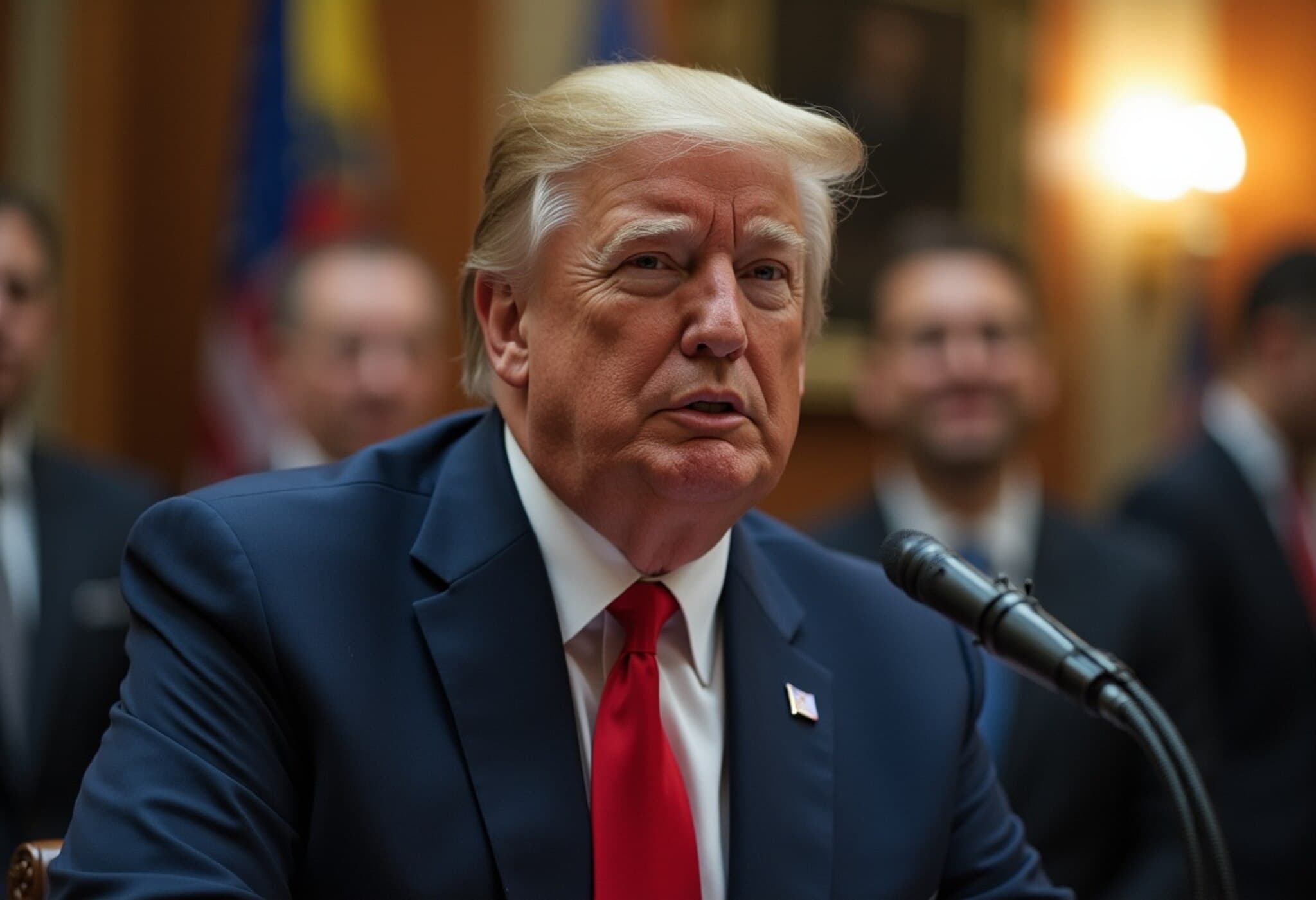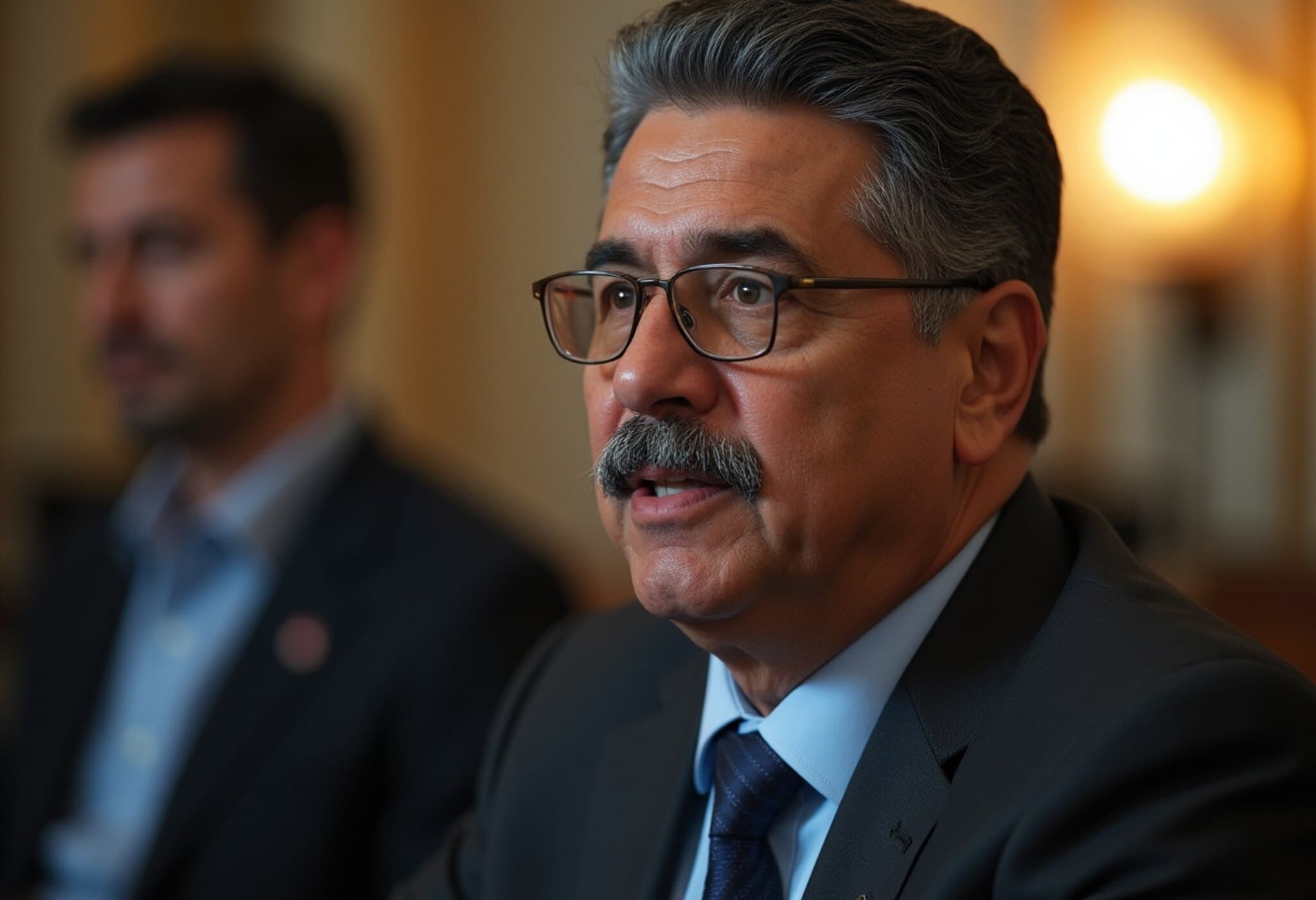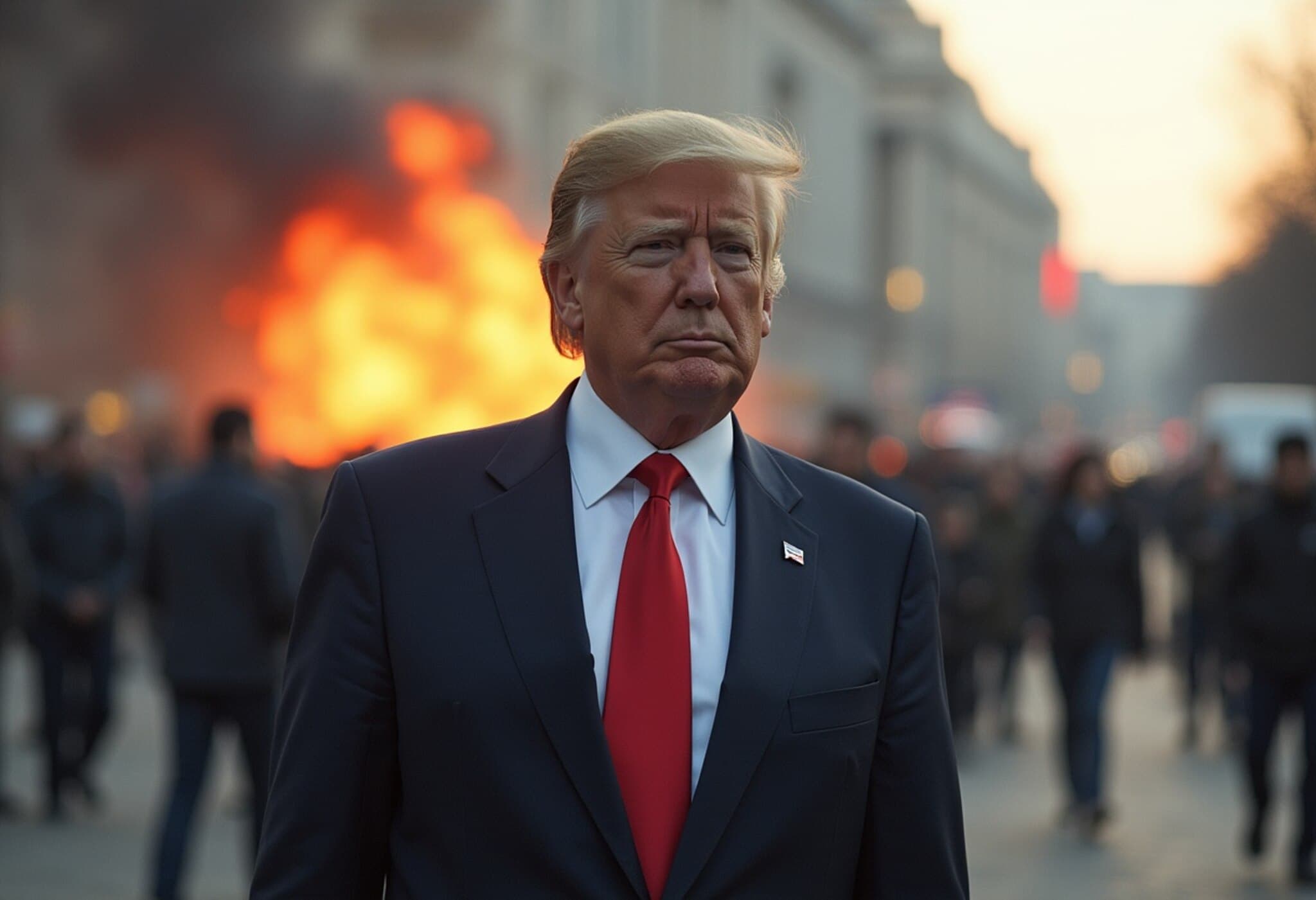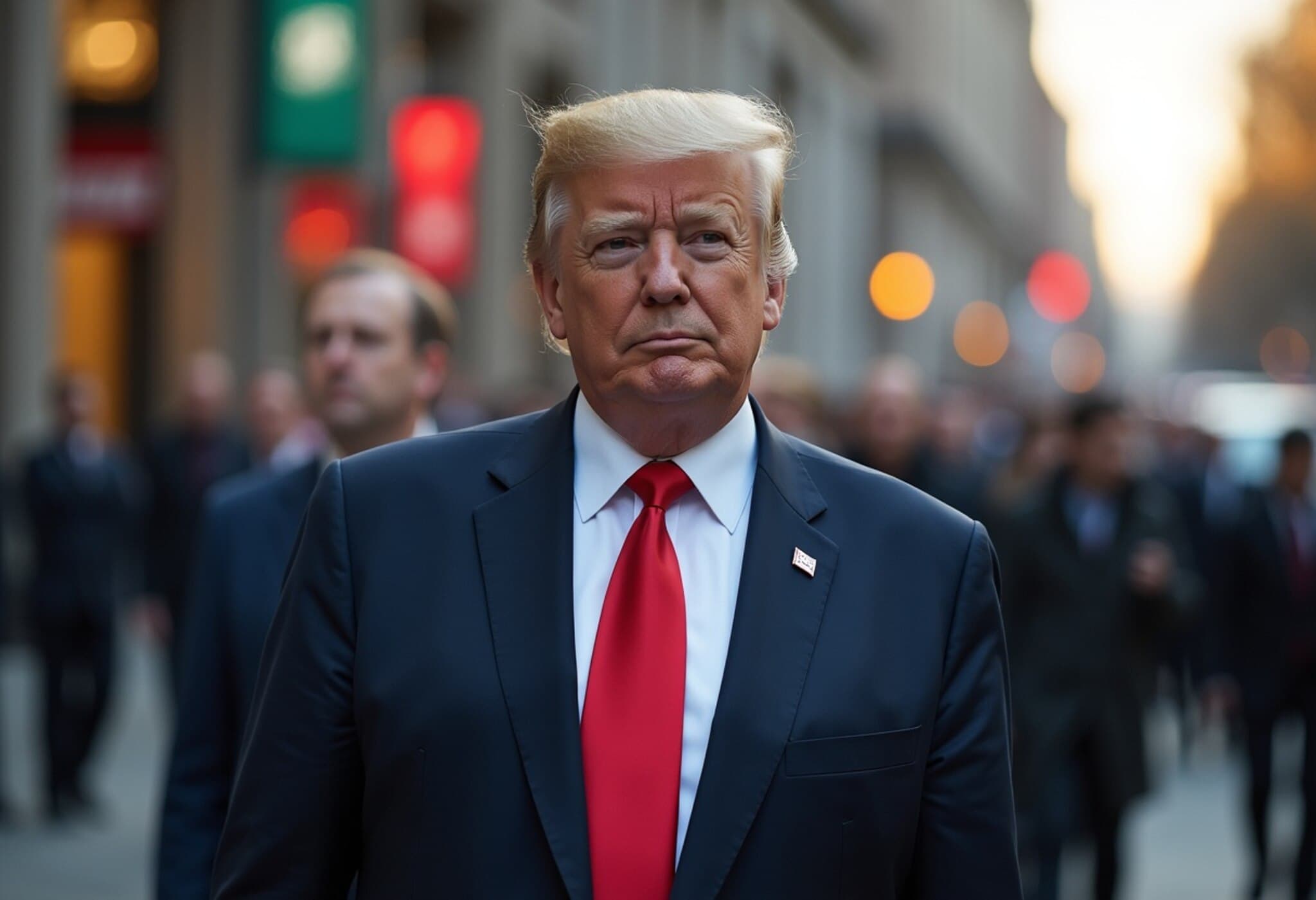US Military Moves Against Venezuela's Alleged 'Cartel de los Soles'
In a significant escalation, the US government has dispatched five warships and thousands of Marines towards Venezuela, targeting the so-called 'Cartel de los Soles'. However, mounting doubts from experts and regional officials raise critical questions about whether this cartel actually exists as a structured criminal organization.
What Is the 'Cartel de los Soles'?
The name "Cartel de los Soles"—translated as the "Cartel of the Suns"—originates from a 1993 media report after Venezuelan generals bearing sun insignias on their epaulettes were arrested for drug trafficking. Unlike notorious Latin American drug cartels, this "cartel" doesn’t appear to operate with a clear hierarchy or centralized command. Instead, many analysts describe it as an amorphous system of corruption within Venezuela’s military and political establishment, rather than a traditional drug trafficking organization.
US Government’s Position
The Trump administration has publicly labeled the "Cartel de los Soles" as a criminal group led by Venezuelan President Nicolás Maduro and high-ranking officials. The Pentagon claims this group supports notorious drug trafficking organizations such as the Sinaloa cartel and Tren de Aragua, thereby threatening US national security.
In July, Washington escalated pressure by placing a $50 million bounty on Maduro’s capture related to drug trafficking charges. Despite this aggressive stance, official US documents such as the 2025 State Department report on international narcotics do not even mention the cartel explicitly, hinting at inconsistencies in the narrative.
Regional and Expert Perspectives
Venezuela’s government vehemently denies the existence of such a cartel, a position echoed by neighboring Colombia, which has its own challenges with drug trafficking but sees no evidence of the "Cartel de los Soles." Noted expert Phil Gunson from the International Crisis Group remarked, "There is no such thing, so Maduro can hardly be its boss." He acknowledges endemic corruption but emphasizes the lack of incontrovertible evidence for a formal cartel under that name.
Similarly, the InSight Crime think tank explains that the term is largely symbolic, highlighting a loosely connected network of complicit military and political figures, rather than a coordinated criminal enterprise. This nuance is critical for understanding the complex interplay of power, corruption, and illicit trade in Venezuela.
Implications of US Military Deployment
The US operation has been framed as a counternarcotics mission. Yet, Venezuelan authorities suspect deeper political motives, fearing this might be a prelude to regime destabilization or change. In response, Caracas has mobilized warships, drones, and announced activating a civilian militia of 4.5 million—a figure questioned by international observers—signaling readiness to counter any perceived threat.
Geopolitics expert Mariano de Alba suggests the current US troop and naval deployment likely serves more as a show of force than an immediate attack. He notes that if regime change were the goal, surprises and more covert actions would be expected rather than an overt military presence.
Why This Matters: The Bigger Picture
- US-Venezuela Relations: The deployment underscores persistent tensions, driven by conflicting narratives over Maduro's legitimacy and Venezuela’s role in global drug trafficking.
- Drug War Complexities: The blurred lines between state actors and organized crime in Venezuela complicate traditional law enforcement paradigms and raise ethical and legal questions.
- Regional Stability: South American allies remain divided over the existence and threat of the 'Cartel de los Soles,' highlighting fractured regional consensus.
- Information Integrity: Discrepancies in official accounts point to potential misinformation, emphasizing the need for critical media literacy and independent investigations.
Conclusion
The US deployment toward Venezuela brings to the forefront longstanding disputes about corruption, governance, and narco-trafficking in Latin America. While the "Cartel de los Soles" remains a contested concept—with little solid evidence of a centralized cartel—the move reflects broader strategic and political dynamics shaping US foreign policy in the region.
Editor’s Note
As tensions escalate, the 'Cartel de los Soles' saga underscores the challenges of disentangling fact from political rhetoric in complex international conflicts. Observers should watch for credible, on-the-ground reports from independent agencies to better understand Venezuela's security landscape. This development also invites reflection on how drug policy and geopolitical ambitions intertwine, with real human consequences for the populations caught in the crossfire.

